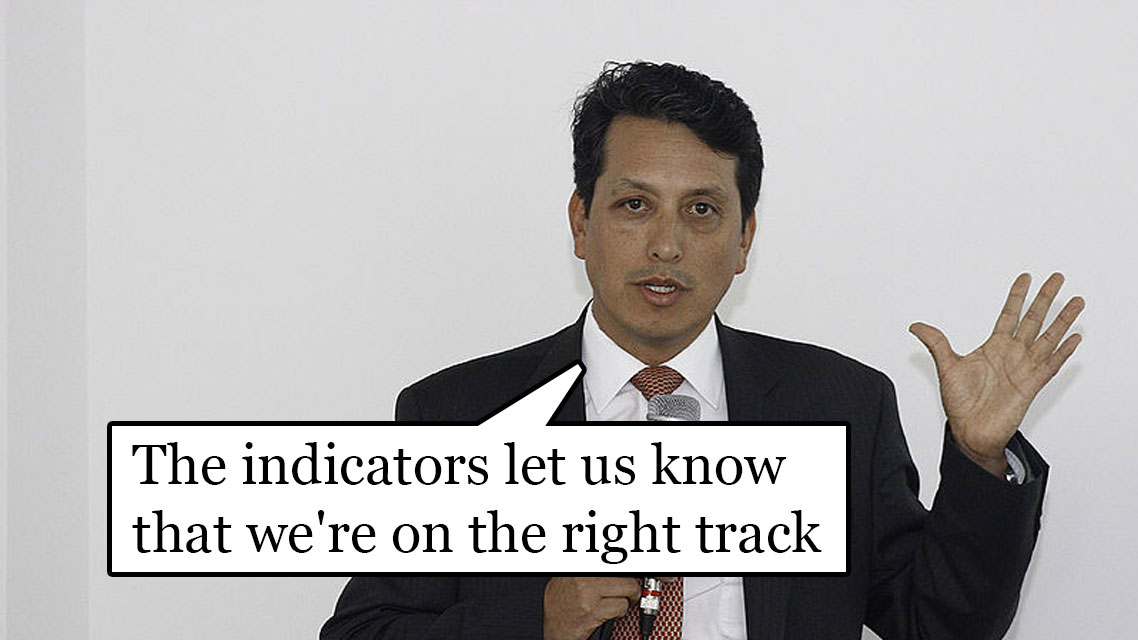Colombia’s healthcare system may not even survive two months, which would severely slow down economic recovery, yet President Ivan Duque’s COVID-19 coordinator believes he is “on the right track.”
“The indicators allow us to know we’re heading in the right direction,” Carlos Alvarez, the president’s COVID-19 coordinator, said on Friday.
Alvarez was not referring to combating the virus, but to reopening businesses.
According to Colombian Medical Federation vice-president Carolina Corcho, however, the impending collapse of Colombia’s regional healthcare systems would mean that “soon we’ll have to return to a stricter lockdown.”
While under-reporting, registered infections have risen sharply. All this while the President’s decision to lift the quarantine is put in practice. The health system is not ready, we will soon have to return to a stricter quarantine.
FMC vice-president Carolina Corcho
The problem with forgetting hospitals during a pandemic
Colombia’s Health Minister Fernando Ruiz is trying to expand hospitals’ capacity. Without any, hospitals will run out of intensive care units before the end of the state of emergency on August 31.
The government’s decision to further open up the economy on Monday could only collapse hospitals even faster.
The combination of a raging pandemic and a collapsed healthcare system would cause such instability, Duque and his COVID-19 coordinator can forget any plans to reopen the economy.
Active coronavirus cases in Colombia
Source: National Health Institute
Suspending other healthcare
The relatively large number of free beds boasted by the government is not because it has been able to substantially expand hospital’s capacity, but because, for example, almost 60% of cancer patients say they are simply being refused treatment.
The number of active coronavirus infections has been doubling every two weeks, implying that — despite already denying people healthcare, and even without reopening the economy — with the current acceleration rate the hospitals will have saturated in eight weeks.
At that point, there won’t be healthcare for neither serious COVID-19 cases nor anyone else needing emergency care or an ICU.
Alvarez said that the measures to prevent this are “easy.” All they require is “optimal social discipline,” “self-care” and “local regulation,” apparently clueless of the evidence and the warnings that this is not working.


